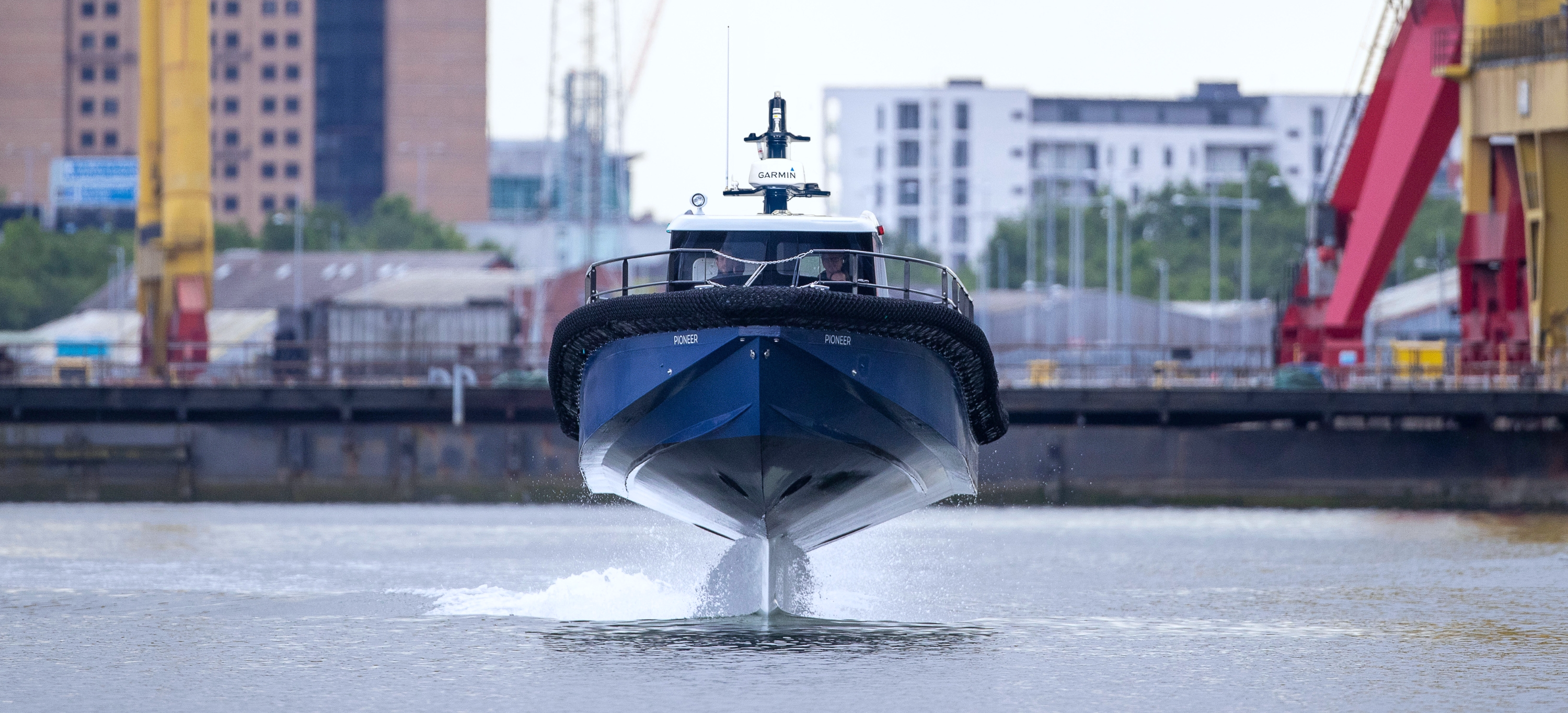



A consortium bid led by Belfast City Council has successfully secured Phase 1 funding from the UKRI’s Pioneer Places Fund.
The funding will be used to develop a pioneering plan to tackle key barriers in the delivery of green hydrogen technologies in the city.
The ‘Net Zero Belfast’ project will have a geographical focus on the Innovation District and will be led in partnership with Catagen and Artemis Technologies along with support from Belfast Met, Queen’s University Belfast and Ulster University.
Chair of Council’s Climate and City Resilience Committee Councillor Séanna Walsh welcomed the funding and the opportunity to accelerate the transition to net zero in Belfast.
He said:
Belfast is uniquely positioned to produce green hydrogen due to its abundant wind resources, storage capacity and a hydrogen ready gas network.
At a time when there is a pressing need to de-carbonise and step away from our reliance on fossil fuels, this funding will enable us to develop and unlock new green hydrogen technologies within the Innovation District.
The Innovation District comprises 400 acres of the city and is home to Belfast Airport, Belfast Port, international manufacturing businesses, indigenous Greentech companies, academic research, and education centres.
It spans from Ulster University’s new campus in the city centre to Queen’s University research centre at Queen’s Island in the Harbour Estate.
Councillor Walsh added:
The results of the project will ultimately provide assurances on the performance, safety, and suitability of the fuel for use in The Innovation District, Belfast and beyond.
The results will remove uncertainties, while new standard practices will enable the measurement and evidence of low carbon manufacturing in our city. This will give confidence to consumers and society of its use, create opportunities that encourage participation in the green economy and enable scaling alongside the adoption of new technology across the region.
The project will also focus on a lack of skills and finance which currently prevents the deployment of the renewable fuel in our city.
Along with our partners, the proposed plan will enable the creation of a new skills pipeline in our education sector, improve and support new low carbon supply chain jobs, encourage investment in our city and ultimately establish Belfast as an innovative net zero hub.